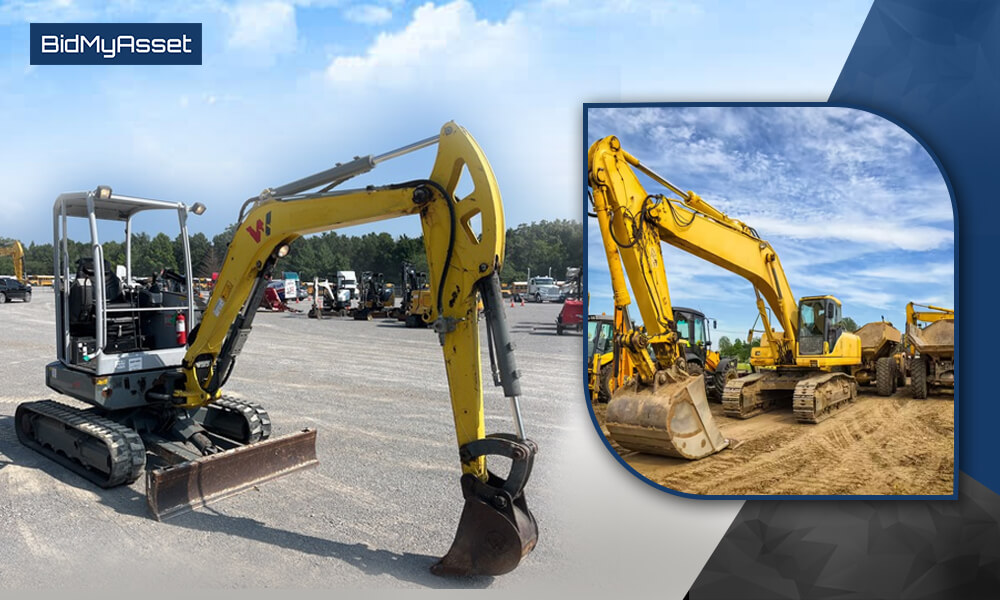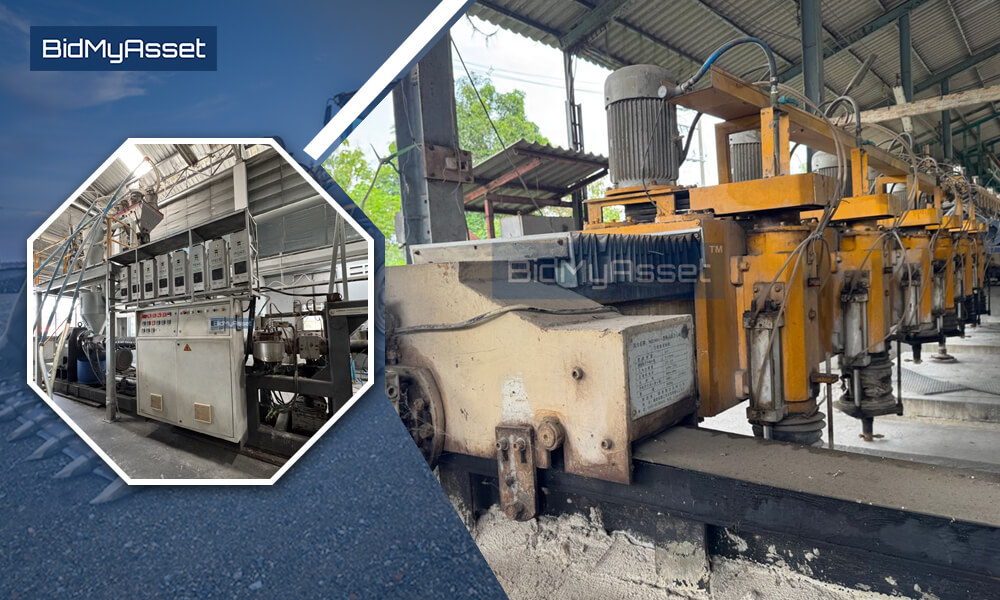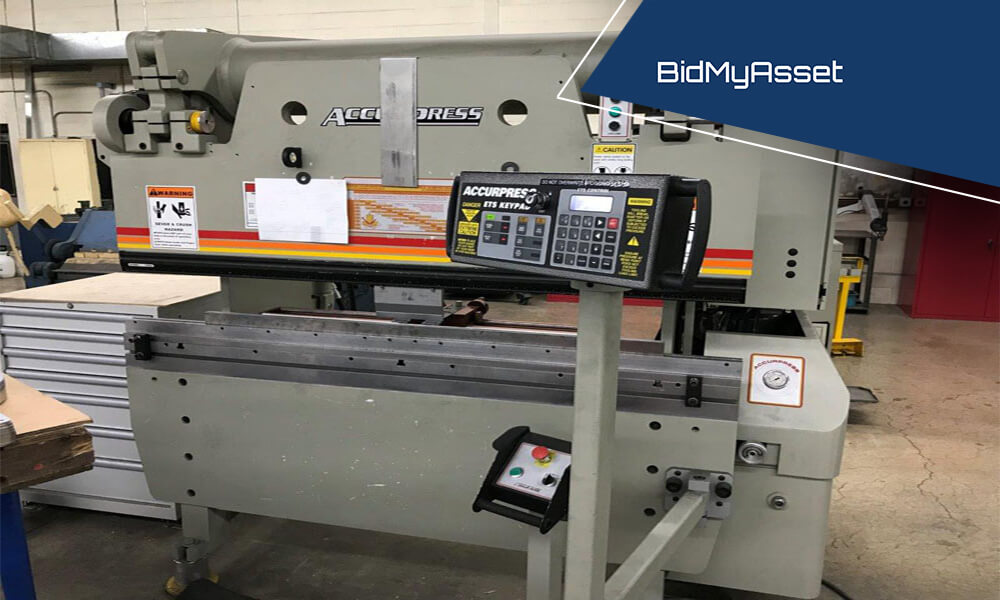Over the last few years, industrial and commercial industries have seen a growing number of factory closures as a result of changing market needs, automation, and global economic changes. Along with the closing of the factories comes a specific opportunity for companies, resellers, and investors in the form of future factory closing auctions. Upcoming factory closing auctions offer worthwhile opportunities to purchase quality equipment, raw materials, and factory assets at substantially lower prices. Potential buyers need to be aware of the dynamics involved in these auctions so that they can make a wise decision while taking advantage of excess equipment and materials.
Why Auctions Are the Preferred Mode of Asset Liquidation
Auctioning has emerged as the conventional approach to offloading factory assets owing to its simplicity and competitiveness. Auctions are a way to induce the urgency and excitement that can escalate final sale prices while promoting a reasonable market condition. In addition, auctions enable more buyers, such as independent operators and small businesses, to participate in bidding for the available equipment. This makes future factory closure auctions a welcoming platform through which industry players can access equipment of superior quality that otherwise cannot be accessed.
Advantages of Joining Factory Closing Auctions
The main benefit of joining future factory closing auctions is cost savings. Gently used or even unused machinery is usually bought by buyers at a small fraction of its original cost. Moreover, auctions offer businesses the chance to expand fast without having to bear the high capital spending of buying new equipment.
Start-up entrepreneurs can establish whole production lines with assets purchased at an auction, thus saving significantly on start-up expenses. Another major advantage is that of environmental sustainability since the re-use of used equipment minimizes waste and supports conservation.
Advantages for Buyers of Used Equipment Sold at Auctions
Auctions industrial equipment are attractive to buyers for several compelling reasons. Foremost is affordability. Buying second-hand or excess equipment at auctions usually provides considerable cost savings over the purchase of new. This enables businesses—particularly small and medium-sized enterprises—to increase their capacity without substantial capital outlay. Another advantage of auctions is access to elusive or obsolete models that can be critical to niche operations or antiquated systems.
Industrial auctions have come to assume a central role as a means of procurement and disposal of equipment in today’s dynamic and competitive industrial environment.


